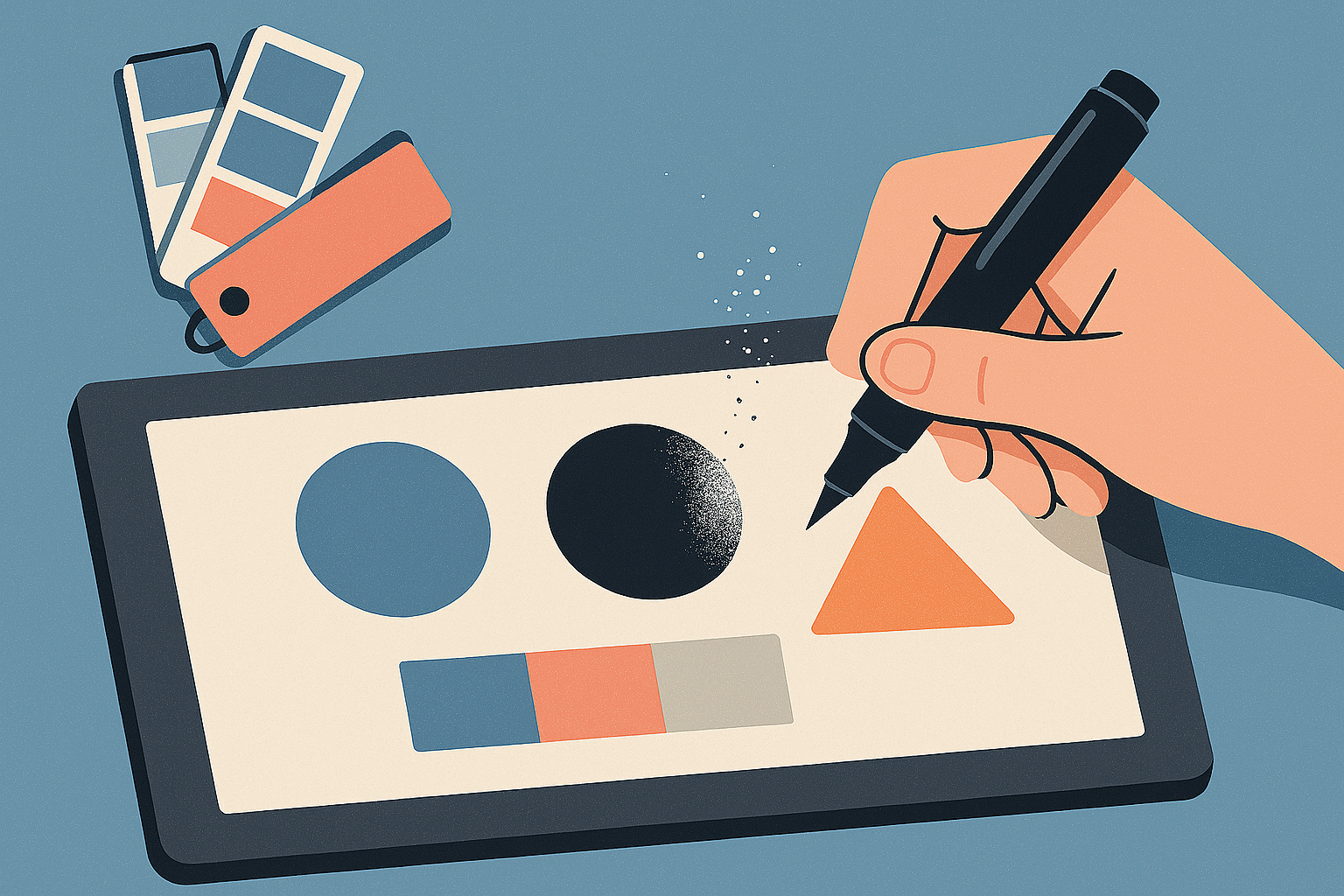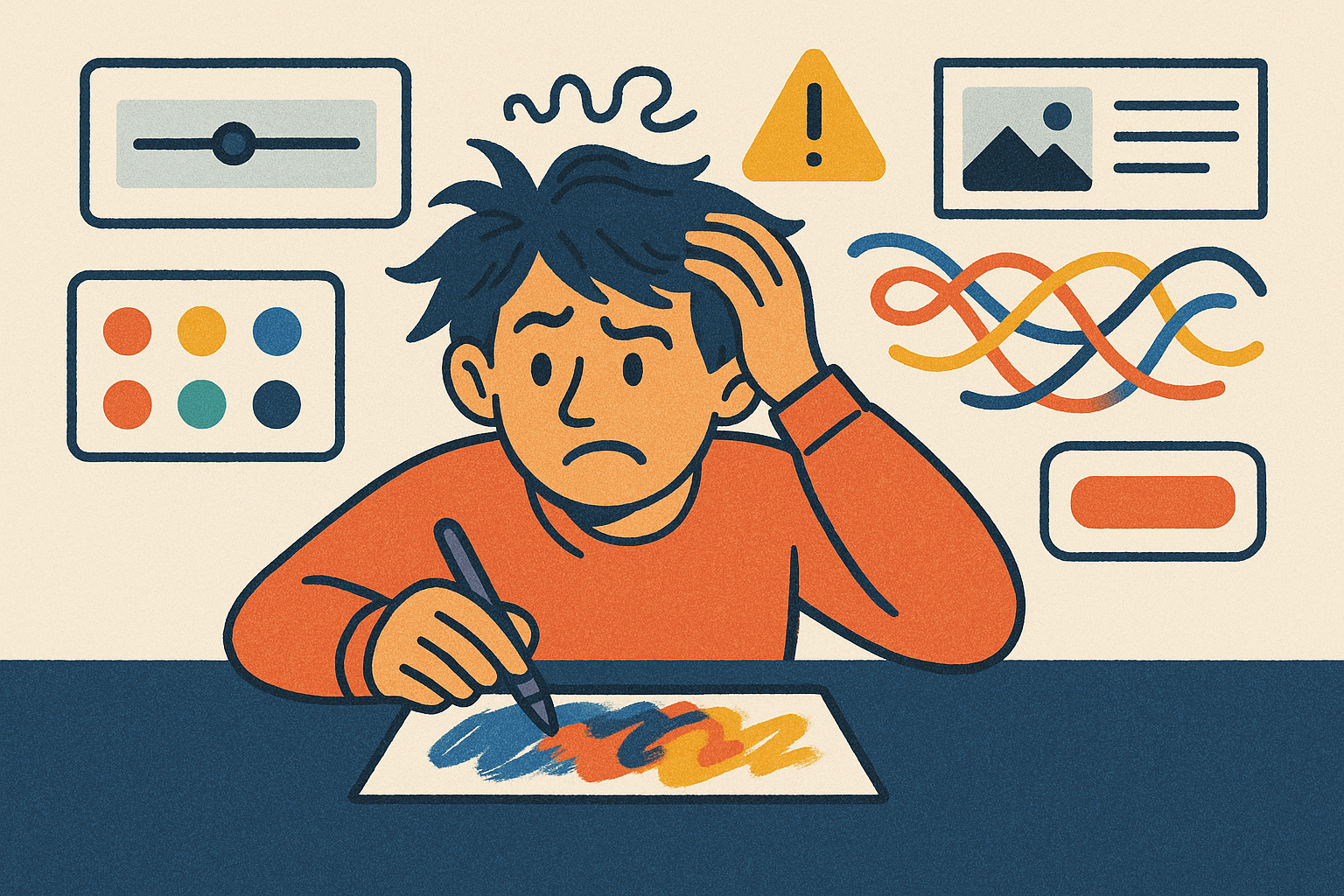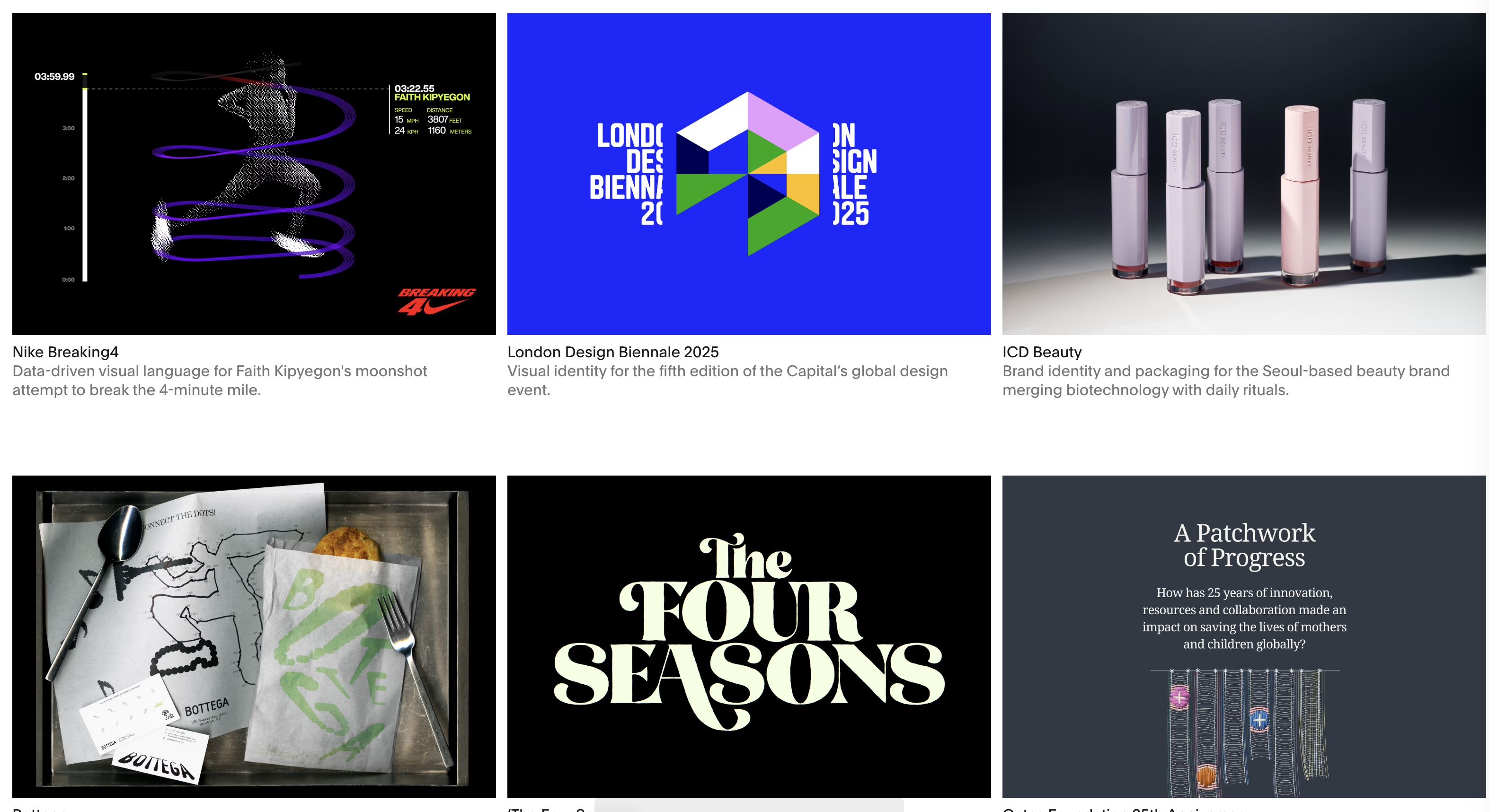Sharp Skill as Designer in AI | 매거진에 참여하세요
Sharp Skill as Designer in AI
#designer #sense #tool #maintain #feeling #sharp
We’re surrounded by design tools that promise to make our lives easier—auto grids, smart layouts, AI-generated color palettes.
They’re magical, really.
But they come at a cost: our own creative instinct.
Is Your Design Gut Getting Dull?
Once upon a time, we relied on gut feeling. We tweaked spacing by eye, chose colors by mood, and sensed what felt right.
Now? The tools do most of the suggesting.
We simply pick from what’s recommended.
Especially for junior designers, it’s easy to default to the tool’s default.
Fast forward a couple of years, and suddenly, you realize—you’re not designing with the tool.
The tool is designing through you.
Tools Make It Easier. That’s the Problem.
Open Figma.
You’re greeted by starter templates, auto layout features, smart color suggestions, icon libraries from plugins.
It’s fast. It’s efficient.
But here’s the unsettling part:
“This design could exist without me.”

You’ve felt that, right?
With AI suggesting palettes, recommending interactions, and feeding you the top-liked UI kits, it’s never been easier to create something decent.
But “decent” is not “felt.”
And design—true design—needs to be felt.
Humans are wired to conserve energy.
If we don’t have to use a skill, we stop using it.
Eventually, we lose it.
Why Now Is the Time to Train Your Instinct
As AI tools take over more of the “doing,” a designer’s edge will lie in what tools can’t replicate:
Knowing why one interface builds trust while another feels suspicious.
Feeling why a font feels off in a brand system.
Sensing why a micro-interaction feels clunky or delightful.
These aren’t just design choices. They come from understanding context, era, and emotion—things machines don’t feel.
So if AI becomes your co-pilot, your job is to be the navigator with taste.
5 Ways Your Instinct May Be Fading
- You always start with a template.
- You browse trends more than you build them.
- You stick to “safe” designs that look good but feel empty.
- You ignore non-visual cues—touch, sound, rhythm.
- You stay in the design echo chamber, never venturing into other disciplines.

These are warning signs.
Not of incompetence—but of creative atrophy.
7 Practices to Rebuild Your Creative Muscle
Want to keep your creative instinct alive?
Here’s a training plan that goes beyond pixels:
Practice | 💡 Description |
|---|---|
Draw by hand | Reconnects you with raw visual intuition and spatial awareness. |
Design without tools | Forces deeper thinking and problem-solving before execution. |
Deep-dive one brand per week | Sharpens your ability to analyze tone, balance, and consistency. |
Write emotion-led critiques | Helps articulate instinct and refine personal design judgment. |
Research non-design fields | Broadens creative reference points and sensory inputs. |
Color & typography journal | Builds confidence in visual experimentation. |
Review tool updates critically | Keeps your thinking active, not passive, in tool adoption. |
Designers Who Don’t Rely on Defaults
Want real inspiration?
- Pentagram designers often start projects without a brief. They build “a vibe” first, then shape the direction.
- Brutalist UI creators reject structure entirely, embracing raw, emotional expression.
- Nike’s digital team experiments with micro-sites tailored to the emotional rhythms of each city they target.

They don’t follow best practices.
They create their own rules based on feeling, not formulas.
The Hands Still Matter
Creativity is like a muscle.
Use it—or lose it.
Yes, tools can replicate execution.
But they can’t replicate instinct.
So this week, maybe ditch Figma for a sketchbook.
Or spend 10 days refining a single button, not downloading another UI kit.
If you want to stay a designer in the AI era,
be the one who defends the craft of feeling—and the discipline of seeing.
Design Insight by bunzee.ai
For creators who refuse to let tools dull their edge.






